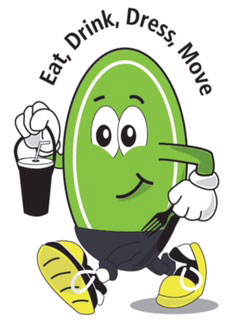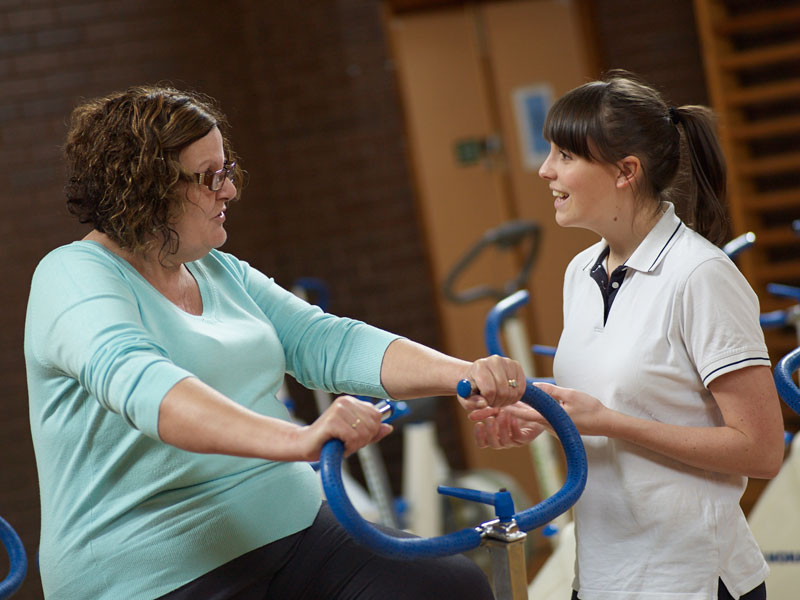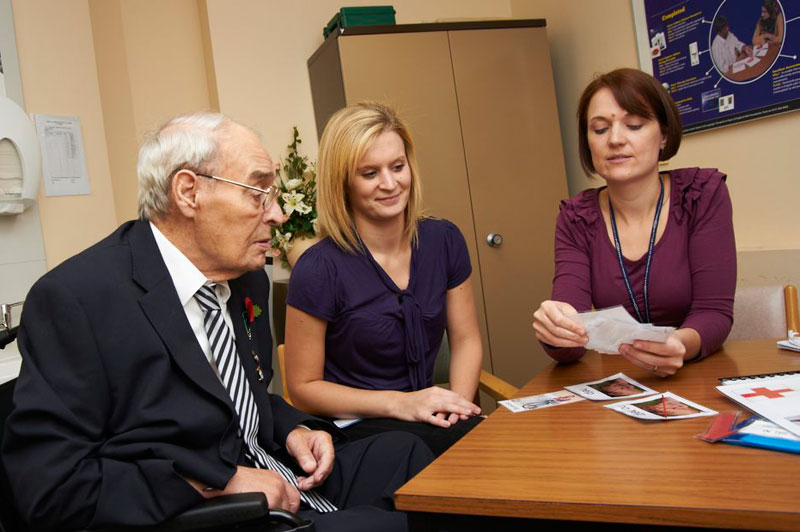These observational assessments help us to identify the extent to which a patient will safely cope with such activities at home. As people need to function within their own environment, we often need to visit their home to see first hand what difficulties they may encounter so that we can recommend and provide equipment/adaptations to overcome these difficulties. The key assessments that we complete with patients are:
Personal Care Assessments
To assess how well they can manage to wash and dress themselves, attend to their general hygiene, toilet hygiene.
Mobility Assessments
To assess if they are at their normal level of mobility, including assessment of balance and any risk of falls. If someone is not safe to mobilise unaided we will trial walking equipment with them to increase their independence.
Transfers assessments
To assess if they can manage to transfer on/off basic furniture – bed/chair/toilet. If there are difficulties, equipment can be trialled that will better enable them to manage i.e. chair raisers, raised toilet seats / frames, shower chairs, commodes. For patients who can not stand or have lost use of limbs we may need to provide equipment to compensate for this such as transfer boards, hoisting equipment, wheelchairs and teach alternative methods of transferring.
Kitchen Assessments
To assess their ability to complete meals and drinks preparation.
Stairs assessments
If a patient needs to be able to manage stairs at home and would normally do so we need to assess if they can still safely manage this. It may be that they require additional stair rails to ensure their safety or require one level living if they are unable to safely manage.













